Am I a Real Man or Just Dead Inside?
More Men Who Are Afraid: With Henry Giardina, Mark Pagán, Chris Gayomail, Joe Schrank, and Hamilton Nolan.
This is the third installment of our “Men Who Are Afraid” series, where we ask a batch of writers for a few hundred words about their masculinity in this auspicious time of super-aggro manliness poisoning our fragile world.
This month we have stories about incels, Andrew Tate, family shame (obv), self-worth, baldness, urinal panic, sobriety, fidelity, and the long shadows of our fathers.
Below, you’ll hear from writers Henry Giardina, Mark Pagán, Chris Gayomail, Joe Schrank, and Hamilton Nolan about what keeps them up at night and anxious all day.
Also, here’s this annoying reminder: We run on paid subscriptions. If the subscription cost is prohibitive, or if you wish to send TSB to someone you love, contact us. We’ll happily pass along a free annual subscription to those who need it most.
We can offer free subscriptions as long as we continue to grow. —AJD
Or if you don’t need any more Substack in your life but would still like to support us you can also make a one-time donation. It all helps.
Men Who Are Afraid Part III
“I was scared of whether or not looking more male would make my family scared of me or weirded out by me.”
by Henry Giardina
I started T last August, so I’ve been on it for almost a year. They tell you it takes about six months to see changes, which for me have mainly meant lots of hair and an internal temperature of 400 degrees fahrenheit at all times. When I started, I was scared of whether or not looking more male would make my family scared of me or weirded out by me. Now that I’ve spent some time with them on T, this fear is receding into the background. What I’m much more scared of now is having this thing that actually helps me get taken away forever.
I didn’t start T earlier for the same reason that I didn’t start smoking weed until it was legalized, the same reason I didn’t start drinking until I was 21 — because I like control. I’ve always felt that if I were to enjoy something to the point of potential addiction, it’s important that I can get that thing at a store. But at a certain point nothing that was supposed to work was working — antidepressants, both SSRIs and SSNIs, were not helping me get past the self-hatred that makes everyday life draining at best, annihilating at worst — so I started T cautiously. The problem is that it works great. It does everything antidepressants are supposed to do. It helps me, for the first time in my life, like I don’t have to deny my physicality just to get along in life. It really does feel like a miracle.
But of course, a year into this, there’s the threat of it being taken away. Right now, a bill threatens to deny every trans person on medicare access to hormones that could make them stop wanting to kill themselves so much. I’m luckily not on medicare, but my private health insurance is linked to a job I could lose at any moment. Everything is uncertain, and a lot of my friends have been stockpiling hormones for years in anticipation of this very eventuality. I think being on T has really exposed all my fears for what they are at base: an obsession with control, a terror of losing it combined with the knowledge that losing control is often what being human is all about.
*****
Henry Giardina is a writer living in LA, aka hell city. His newsletter is called Less Art.
“I’m 46 and have yet to stop caring what people think of me. I’m now afraid that day won’t come . . .”
by Mark Pagán
Teenage laughter makes me nervous.
It’s not like I don’t like the sound of teenagers laughing, or I don’t like when teenagers have a sense of humor. What bugs me is when I don’t know the source of teenage laughter. I, too, used to howl with my friends at the stupid things adults were wearing or make fun of bald men (like the current me) because, well, they were bald and I was not. I’m still one of those teenagers. The other day, I pointed out an awkward soul as “miscast Christopher Walken” on the subway platform to my spouse. It’s not the first time. No way will it be the last.
That same fear goes for the guys at the banya, who say something in Russian and then laugh. I know they’re just having a blast making fun of my visible discomfort, or how quickly I got out of the ice bath outside the steam room. Or quiet bathrooms, especially after a movie, where I’ve waited too long to pee and I unleash an opera of urine. Someone in the other stall thinks, What’s the deal with this freak? Or there are the times when I’m next to someone at the urinal and can’t pee because it’s too quiet.
I’m 46 and have yet to arrive at that point in life where I stop caring what people think of me. I’m now afraid that day won’t come. Sadly, I’ve aimed for other people’s standards my whole life. Who am I, if not someone shaped by the need to manage how I appear to the world? What some might see as an albatross has been my life raft. Still, I hold out hope that freedom — if it ever arrives — will prove how wrong I’ve been. Like the old fear that medication would dull my creativity, or that sobriety would make me less fun, I’ve clung to the belief that my demons are the price of being memorable.
I’m also afraid that if that fabled day comes, I’ll be one of those viejos who allow their nose hairs to grow way past the nostril cavity, beyond the threshold of socially acceptable length. If that day comes, please perform an act of mercy on me — whatever level you deem fit.
*****
Mark Pagán is an award-winning producer, writer, and journalist. He is the creator and host of the critically acclaimed show Other Men Need Help and newsletter Other Men. His work has been nominated for a Peabody, featured in The Atlantic, The New York Times, and The New Yorker’s annual “best of” lists, and recognized by Vulture, TIME Magazine, CBC, Los Angeles Review of Books, and The Financial Times. Before working in media, Mark was a teacher, social worker, part-time mascot, and b-boy. He lives in NYC with his wife and an emo pit bull named Soca.
“I completely understand how seductive these cartoonish depictions of manhood can be for young wayward guys growing up.”
By Chris Gayomail
Plenty of things scare me, but nothing as perniciously as the possibility that my three-year-old son might grow up to become an incel. The forces cajoling him and other cishet young males (which I think he is, but who knows) toward that space are powerful. Recently, my YouTube algorithm — which mostly consists of tiny apartment tours and Muay Thai tutorials — thought I would enjoy a video titled “Andrew Tate vs 60 men — boxing night,” and, against my better judgment, I clicked. The guys were all scrubs; Tate outweighed them all by like 40 pounds; and, this part killed me, the glazing in the comments felt incongruent with reality. Worst of all, it was entertaining as shit.
That’s all to say I completely understand how seductive these cartoonish depictions of manhood can be for young wayward guys growing up. (I’m lucky in that my generation of elder millennials was raised on, like, Will Ferrell, Chappelle’s Show, and Old Kanye: stupid art sometimes, sure, but made with rigor!)
Last week on the Modern Love podcast, in explaining the allure of the edgelords, relationship therapist Terry Real said that “people with simple ideas will not have a hard time getting an audience,” and that stuck with me. My brother, an elementary school teacher in LA, told me that his most challenging student was being raised by a single mom who gave her third grader unlimited screen time — and, when he wasn’t chucking staplers at teachers, the kid would scream Andrew Tate quotes to the whole class. We had “I love lamp” and “fuck yo couch.”
We’ll do our best to impart in our kid values and so that he can make his own mistakes that hopefully require minimal damage control . . . but, selfishly, I also want him to be cool!!! (lmao) Mischievous, just a little, and questioning of orthodoxy and all that other shit. It’s a precarious line that teeters into easy misogyny (and worse), and I don’t envy the kids who will have to walk it. Oftentimes I feel like my generation had it easy.
*****
Chris Gayomali is a writer, editor, and brand consultant. Currently, he's the deputy editor at SSENSE. Prior to that he was an articles editor at GQ, where he edited features and other stories for the magazine. Plus — HEAVIES!
“Fear, it turns out, is rarely logical.”
By Joe Schrank
Most guys won’t talk about fear. Not because they’re brave, but because the emotional literacy section of the manhood handbook was ripped out somewhere around second grade and replaced with “just walk it off.” Me? I’m different. Not because I’m enlightened, but because after decades in AA, a truly mind-numbing number of 4th steps, and more therapy than Woody Allen during a depressive episode, I’ve become surprisingly unafraid of fear.
I used to be afraid I’d never get married. Not in the “please pick me, Bachelorette” way, but in the quiet, aching way where you wonder if your wiring is just too frayed for someone to plug into. I wanted family. I wanted the catharsis of sitting at a Thanksgiving table that wasn’t a hostage situation. I got married. Predictably, it didn’t go according to plan, but I got to be a dad. A real one. With all the terror and triumph that comes with it. I’m still afraid of screwing that up, but my kids are functional, compassionate young men who occasionally text me back — and I’ll take that.
My kids have never seen me drink. I used to be afraid that if I had kids, I wouldn’t be able to keep that going and they’d see all my self-loathing on display, drunk, listening to Hank Williams croon to my sorrow.
Fear, it turns out, is rarely logical. Now that I’m middle-aged and built like a retired offensive lineman with a Netflix subscription, I’m afraid of illness. I’m not sick. I’m healthy. But I’m starting to get looks at OrangeTheory that seem to say, “It’s so cute he comes — my dad never would.”
Also? I fear not being cool. I know. Sad. But I once lived in NYC and LA. Now I live in Atlanta. It’s having a moment, but it’s second-tier cool. I fear my cool card got revoked when I started unironically enjoying WWII documentaries and Dad Rock playlists. I want to believe I still have edge, but I own multiple pairs of cargo shorts, most with mustard and/or coffee stains. The cargo shorts are often paired with a really cool Ramones tee.
So deep is my fear of being a dorky middle-aged suburban dad, I rejected the “Georgia Tech Dad” T-shirt for a prominent Georgia Tech tattoo — which makes me look like a dorky dad desperate to cling to cool.
And yeah, I’m afraid of becoming my father. The man who did three tours in Vietnam, chain-smoked through my childhood, and unraveled in real time. He was a beast of an alcoholic and never found any kind of recovery. Funny, but certainly not for everyone. I’ve been sober for decades, but when I catch myself barking, “This place smells like a dead hooker’s ass,” I hear him. And I flinch. Not because I hated him, but because I understand him more than I ever wanted to.
Fear isn’t something to conquer — for me, it’s something to get to know, like a weird neighbor who occasionally lends you tools. It shows you who you are, who you were, and who you don’t want to become.
*****
Joe Schrank is a social worker, writer, and recovery advocate who’s been sober since pagers buzzed and nobody called it “trauma-informed.” He’s not dead, not selling salvation, and definitely not impressed by your luxury rehab brochure. Joe helps people find recovery that actually fits — whether that’s harm reduction, AA, or just staying alive long enough to figure it out. He’s got a Georgia Tech tattoo, a Ramones T-shirt rotation, and zero patience for moral panic disguised as policy.
He’s also the father of two young men who’ve never seen him drink — a fact that matters more to him than any sobriety chip ever could. When he’s not working, he’s walking his dog, avoiding kale, and wondering how shame ever got confused with treatment.
MORE JOE SCHRANK:
“To be an alcoholic you agree to receive a clarity of hopelessness.”
By Hamilton Nolan
There are things that remind me of drinking. DC’s hard grey skies. Plastic vodka bottles. These things are just signifiers. They can be avoided by walking in a different direction. There is another thing, the feeling of being an alcoholic, which I left behind more than 20 years ago. I don’t want to look back at it. I don’t want it to dwell in my mind or in my heart. I keep moving so it can’t creep up on me again.
One thing, for some reason, makes me flash back to that feeling. It’s the music of Jesse Stewart, a young Canadian who walked out on his life to be a hobo and get fucked up and give into oblivion. He died of an overdose in 2021. He played the mandolin and when he sang his neck veins popped. Whenever I listen to his songs I can see, I can feel, the feeling of being an alcoholic, the all-enveloping nothingness. Jesse Stewart knew it too and traded his life for those meager few songs he left behind.
Well where, oh where, is the Big Rock Candy Mountain?
All I seem to find is a bridge and a bottle of gin
Some pretty girl turn up my chin
But a mind that won’t stop wandering
Yeah, a mind just won't stop wandering
So light em up and smash em down
Let’s get fucked up and leave this town
To be an alcoholic you agree to receive a clarity of hopelessness. You eat the apple of knowledge and find that it’s poison and that’s all you have. In the dirt, in a room, on the street, nothing but a perfect understanding that you are hurtling towards your end. To take that feeling and put it in a box and put that box away and never open it is a great gift. Any small peek into that box is my own fear. I left that town and kept walking. As long as my legs don’t stop I’ll be okay.
*****
Hamilton Nolan runs How Things Work.
Comments are open on this post. Please show your support for everyone who generously wrote in. Thanks.
MORE FEARFUL MEN:
More Men Who Are Afraid
My biggest unequivocal fear? I wish it were something cliché, like my daughter dating, or my son growing up to be a Lakers fan. But no. It’s that I’ll be the weakest link, the first in countless generations of Arab Muslims to raise kids cut off from where they come from.
What It's Like to Be a Fearful Man
My fear is very deep and multifaceted. It’s hard to narrow it down to what I am most afraid of. Vulnerability is challenging for everyone, especially men since we are taught from a very young age that it’s a sign of weakness. Yet, my fears go deeper than exposing myself as vulnerable or weak. It’s more a fear of the unknown.
To the Man Who Is No Longer Afraid
Sometimes military jets rumble through the sky, and on those days, I think, once and for all, "Here comes the war." And if I'm downstairs or in another room, I hurry into the kitchen and nervously look toward those flags. "Take those down," I think. "They'll see us."
ZOOM MEETING SCHEDULE
Monday: 5:30 p.m. PT/8:30 ET
Tuesday: 10 a.m. PT/1 p.m. ET
Wednesday: 10 a.m. PT/1 p.m. ET
Thursday: 10 a.m. PT/1 p.m. ET (Women and non-binary meeting.)
Friday: 10 a.m. PT/1 p.m. ET and 4 p.m. PT/7 p.m. ET
Saturday: Mental Health Focus (Peer support for bipolar/anxiety/depression) 9:30 a.m. PT/12:30 p.m. ET
Sunday: (Mental Health and Sobriety Support Group.) 1:00 p.m PT/4 p.m. ET
*****
If you don’t feel comfortable calling yourself an “alcoholic,” that’s fine. If you have issues with sex, food, drugs, codependency, love, loneliness, and/or depression, come on in. Newcomers are especially welcome.
FORMAT: CROSSTALK, TOPIC MEETING
We’re there for an hour, sometimes more. We’d love to have you.
Meeting ID: 874 2568 6609
PASSWORD TO ZOOM: nickfoles
Need more info?: ajd@thesmallbow.com
This is The Small Bow newsletter. It is mainly written and edited by A.J. Daulerio. And Edith Zimmerman always illustrates it. We send it out every Tuesday and Friday.
You can also get a Sunday issue for $9 monthly or $60 annually. The Sunday issue is a recovery bonanza full of gratitude lists, a study guide to my daily recovery routines, a poem I like, the TSB Spotify playlist, and more exclusive essays. You also get commenting privileges!
Support Edith directly! [Edith’s Store]
Or…
or you can give a
that goes toward the production of the podcast.
Everything helps.
A POEM ON THE WAY OUT:
Armored Car
by George Bilgere
*******
As I stand in line at the bank
an armored car pulls up and the guard comes in.
He’s wearing his guard uniform, and he has a gun
which he’s wearing like it’s no big deal.
The two other men standing with me
seem shriveled and diminished by his presence.
Even though they are wearing business suits
and are possibly important and successful,
they seem of little consequence next to the armed guard.
I too had an armored car.
Battery powered, with a flashing red light.
But I put it aside and became a teacher.
And these guys in line with me
put aside their Lone Ranger six-shooters,
their ray guns and Superman costumes,
and became attorneys or middle managers.
O Life! You frightened us
into our bland successes (I have tenure).
We will never carry pistols like it was no big deal.
We will never receive the teller’s flashing smile
as she hands him green chunks of cash
we are too afraid to take from him.
— From “Imperial” via George Bilgere
*****




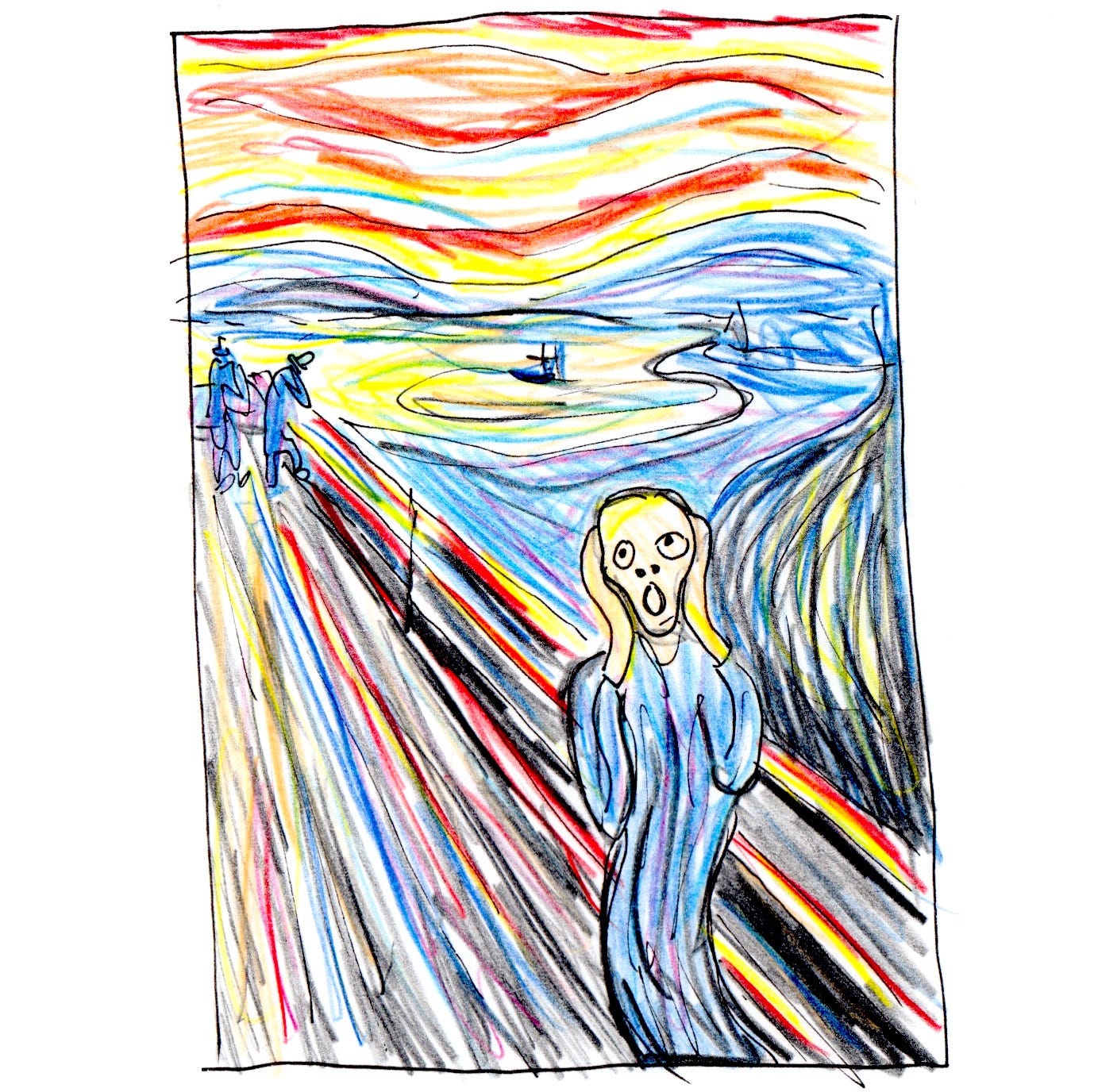






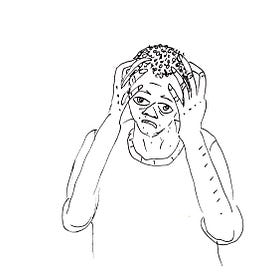
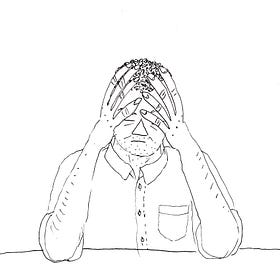
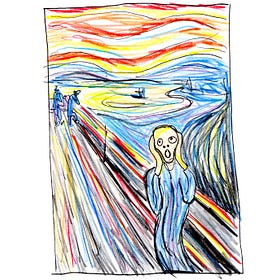

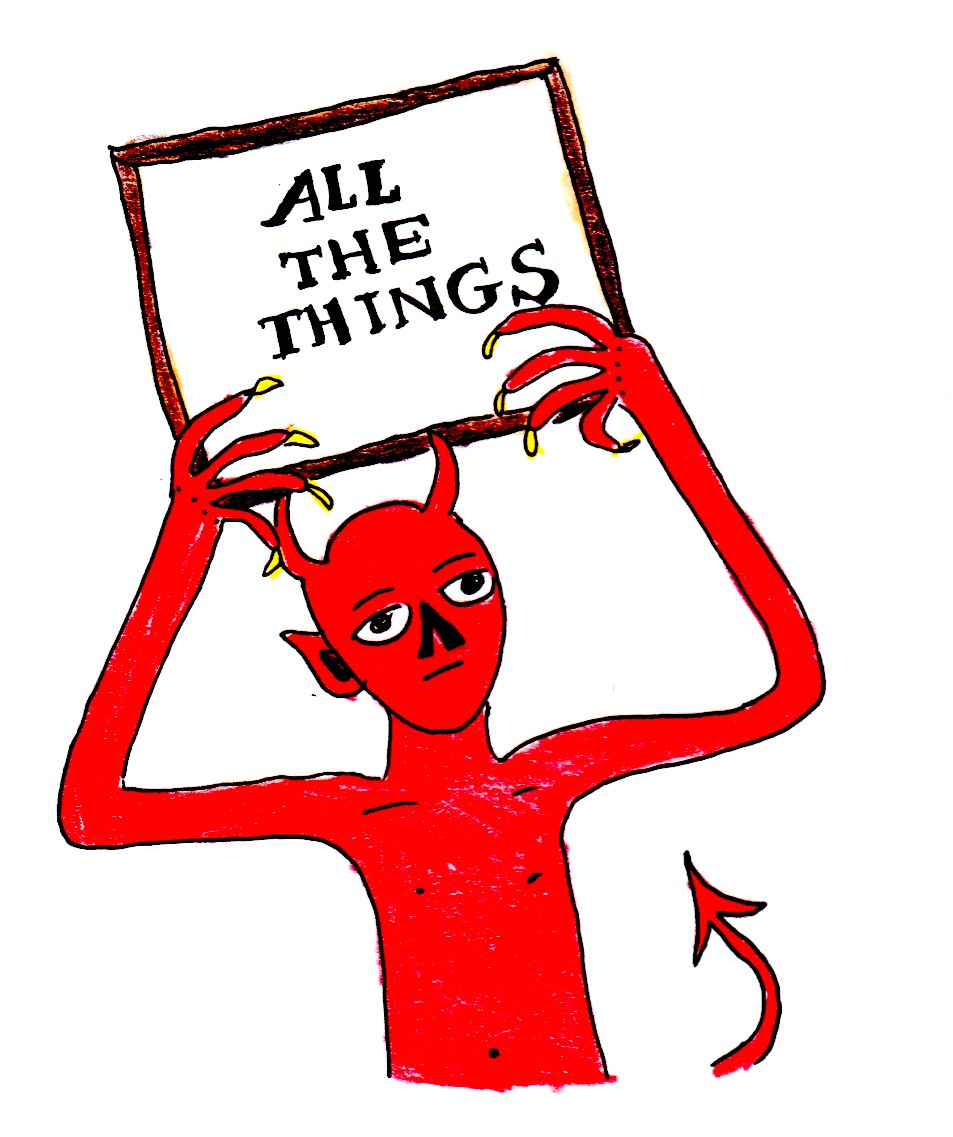


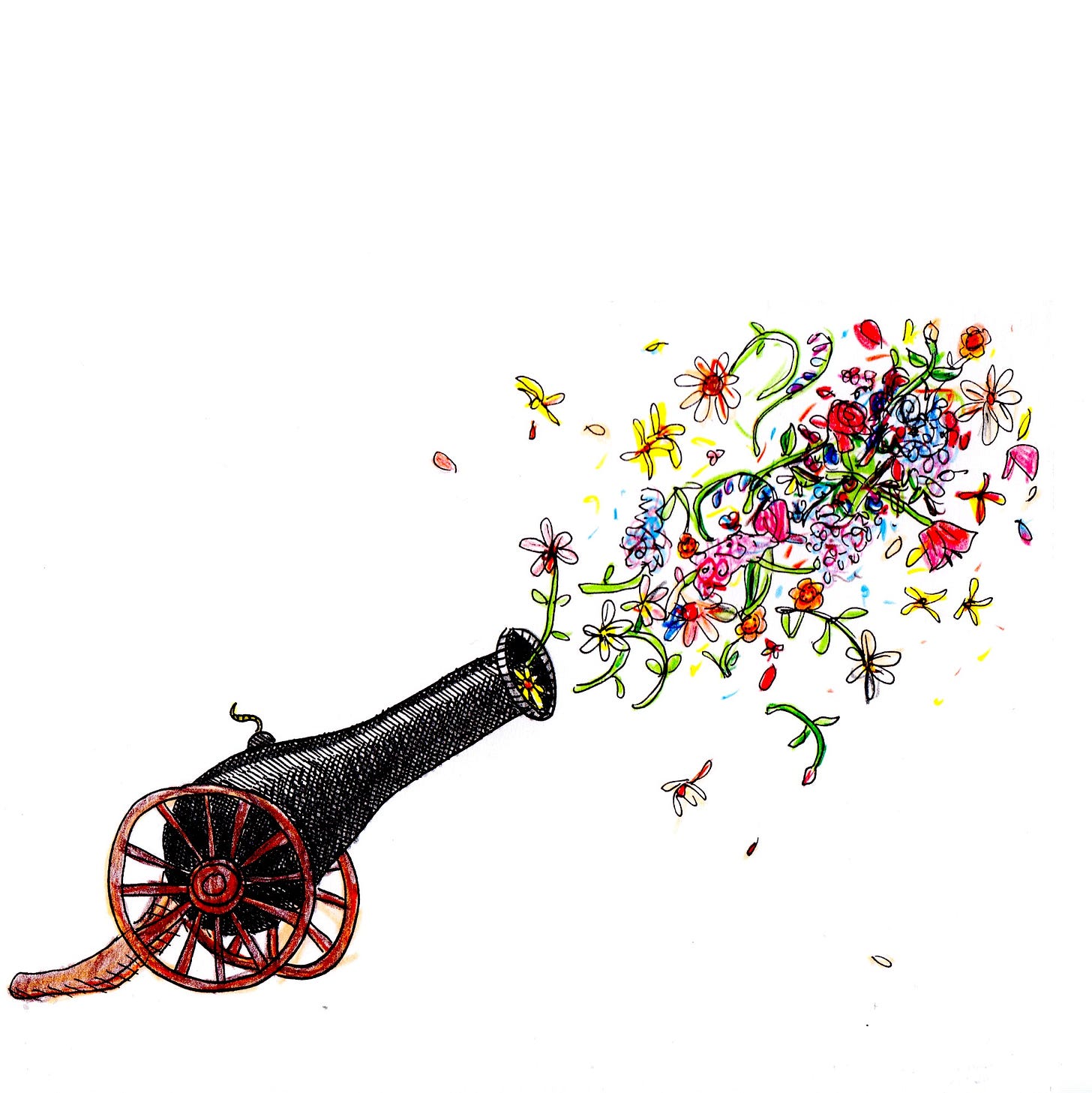
Like Joe Schrank, I went clean and sober before I had any kids. None of them, thankfully, ever saw me under the influence!
I also cleaned up my language as I no longer felt the need to curse at all. Until, one day, exiting Good Samaritan Hospital in Suffern, NY. A car came wailing around the curve at high speed and I had to swerve almost off the road! I soon heard “oooh” coming from my 3 young ones in the back seat, followed by “we heard that”, followed by “both of ‘em.” I don’t even know what I said.
I see kids as God’s gift to parents and we need to try and be on our best behavior around them. I tried my best but failed occasionally. We all fail occasionally!